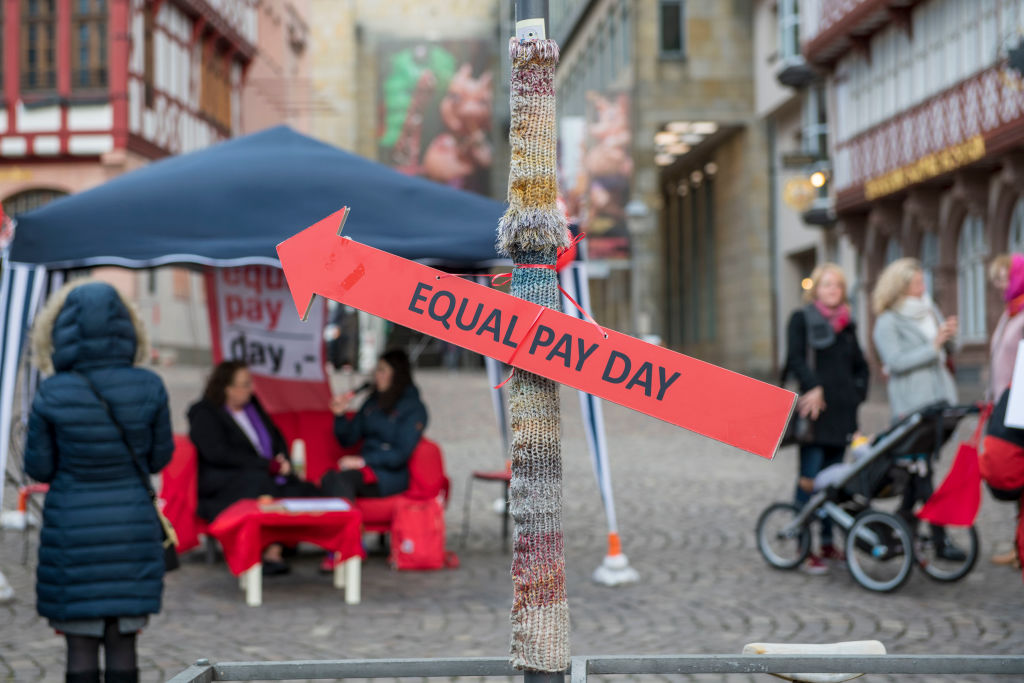Fifty years on from the Equal Pay Act, the world looks very different for women now than it did then. Women run their own small businesses, lead corporate firms, and last December a woman wrote herself a cheque for £341m, the highest corporate executive pay pack in UK history. A gender pay gap that was once ingrained in British working culture because of gender discrimination has diminished. Women in their twenties right through to their forties earn roughly the same as men. Women in part-time work earn, on average, more than men.
By no means is the world equal yet. Women in many developing countries are denied basic freedoms. Even in the UK, a glance at sexual or domestic abuse figures show we still have a long way to go. But when it comes to women in work, the story is a resounding success. The Equal Pay Act was a liberal piece of legislation that secured women basic rights and equal treatment at work.
It seems very strange then that anyone should mark the occasion by trying to roll back workers’ rights. Yet that is precisely what the opposition leader had decided to do. Keir Starmer has jumped on the Fawcett Society’s bandwagon calling for a legal ‘right to know’: the ability for women to find out what their male colleagues earn, without their permission.
Sounds invasive? You’d be right. And if you dig into the details of the proposal, it gets worse. This ‘right to know’ would give women who suspect unequal pay the ability to swerve the courts – where alleged breaches in law are supposed to be examined – and force employers to hand over personal details of another employee’s work file, or a group of employees’ files, if they are in a comparable role. This would include their pay, hours worked, bonus information and even the details of ‘job evaluations’. This information could then be shared with ‘legal and trade union representatives and others who do the same job’: that is campaigners, pundits, and countless other employees at this person’s place of work.
This is not just an egregious breach of privacy; such a ‘right’ would create a dangerous one-sided narrative, where a male employee’s employment history and performance (dating back up to six years) is on naked display without their consent.
Stamer has watered down the Fawcett Society’s proposal slightly, arguing that the right to know your colleague’s pay should be made available to both men and women. But as a lawyer by trade, it is alarming to to hear him call for any right – for women or men – that would undermine one’s right to privacy: a pillar and non-negotiable right in a free society.
The ‘right to know’, if implemented, would undermine basic rights of workers in Britain. To push this policy on any day comes across as blunt and misguided. But to do so on a day marked to celebrate women who fought for their rights decades ago flies in the face of their success.







Comments